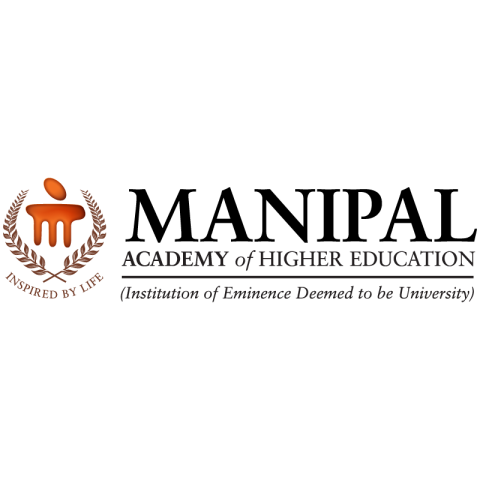
Improving assessments through industry collaboration
Traditional assessments focus on academic achievement, often overlooking the practical skills needed for the workplace. Assessment methods must be rethought to address this. Collaborating with industry partners to design authentic assessments can help students learn skills in assessing market trends, developing marketing strategies and resolving operational challenges. Such assignments help students understand workplace expectations.
Universities have called upon industry experts to adapt curricula and assessment processes. For example, management programmes often run capstone projects where students develop solutions to company-specific challenges. Such projects provide students with hands-on experience and companies with innovative ideas and potential talent.
Students are much more engaged when they know that professionals will review their work. Furthermore, industry specialists’ opinions often offer viewpoints that academic assessments alone cannot supply. For instance, technical feedback from working professionals might help a student working on a product prototype or design to improve and hone their abilities for real-world market demands.
However, this approach requires careful preparation. Instructors need to identify roles for industry partners and provide them with clear guidelines. They must explain the course’s learning objectives and academic policies. Frequent meetings can help faculty and industry specialists organise challenging yet achievable assessments together.
Instructors can establish memoranda of understanding or agreements with industry partners to make collaborations sustainable. These memoranda help build productive working relationships by outlining duties, deadlines and expectations. Additionally, technology can be used to organise virtual meetings and coordinate easy resource sharing.
Curricula development
Collaboration in curriculum advisory boards between academic and industry professionals is common in business schools. Many MBA programmes, particularly in specialised fields such as marketing, human resources, finance and analytics, have senior industry executives from leading firms serving on curricula design committees. They play a vital role in shaping course content and ensuring academic evaluations align with real-world industry expectations.
In our management programmes, students undertake internships and work on projects within companies. Their final assessment is conducted jointly by faculty and their industry mentor. The faculty evaluates academic rigour, structured learning and analytical capabilities, while the industry mentor assesses professional behaviour, problem-solving skills and adaptability. This dual-layered evaluation approach ensures that students are graded on both theoretical concepts and their ability to navigate real-world challenges.
- Collection: Authentic assessment in higher education
- Partnering with industry for authentic experiences and assessment
- Spotlight guide: The evolution of authentic assessment
On our executive apprenticeship programmes, senior industry leaders co-evaluate students alongside faculty members, and in our Young Leaders Programme, students are mentored and assessed by senior executives and faculty mentors. This ensures that leadership assessment covers both theory and practice.
Industry-based live projects
During live projects, students work with companies to identify problems, analyse data and propose solutions. Faculty members evaluate problem-solving, academic rigour and depth of research, while company representatives assess the viability and practical implementation of the recommendations students make. This joint evaluation model enhances student learning and provides businesses with fresh insights and innovative ideas.
Business competitions and entrepreneurship projects offer further opportunities for industry-integrated assessments. During these, student teams pitch their projects to a panel of academic and industry experts. The industry professionals assess feasibility, market relevance and business acumen, while faculty members evaluate conceptual clarity, presentation skills and theoretical knowledge. Similarly, in entrepreneurship assignments, students work with local entrepreneurs to improve business operations. Industry professionals provide feedback on the practicality and effectiveness of the proposed solutions, while faculty members assess research depth, innovation and strategic alignment.
In India, where my institution is based, the scope for such collaborations is immense. We can use these to address skills gaps and allow businesses to actively shape assessments that measure problem-solving, effective communication and adaptability – all essential in today’s workforce.
By fostering partnerships with industry, educational institutions can nurture a culture of innovation. This approach improves the learning experience and ensures that students are prepared to handle the complexities of the professional world. As partnerships expand, they open the door to a more responsive and interconnected educational system.
Maninder Singh is an assistant professor at T A Pai Management Institute (TAPMI) at Manipal Academy of Higher Education in India.
If you would like advice and insight from academics and university staff delivered direct to your inbox each week, sign up for the Campus newsletter.




